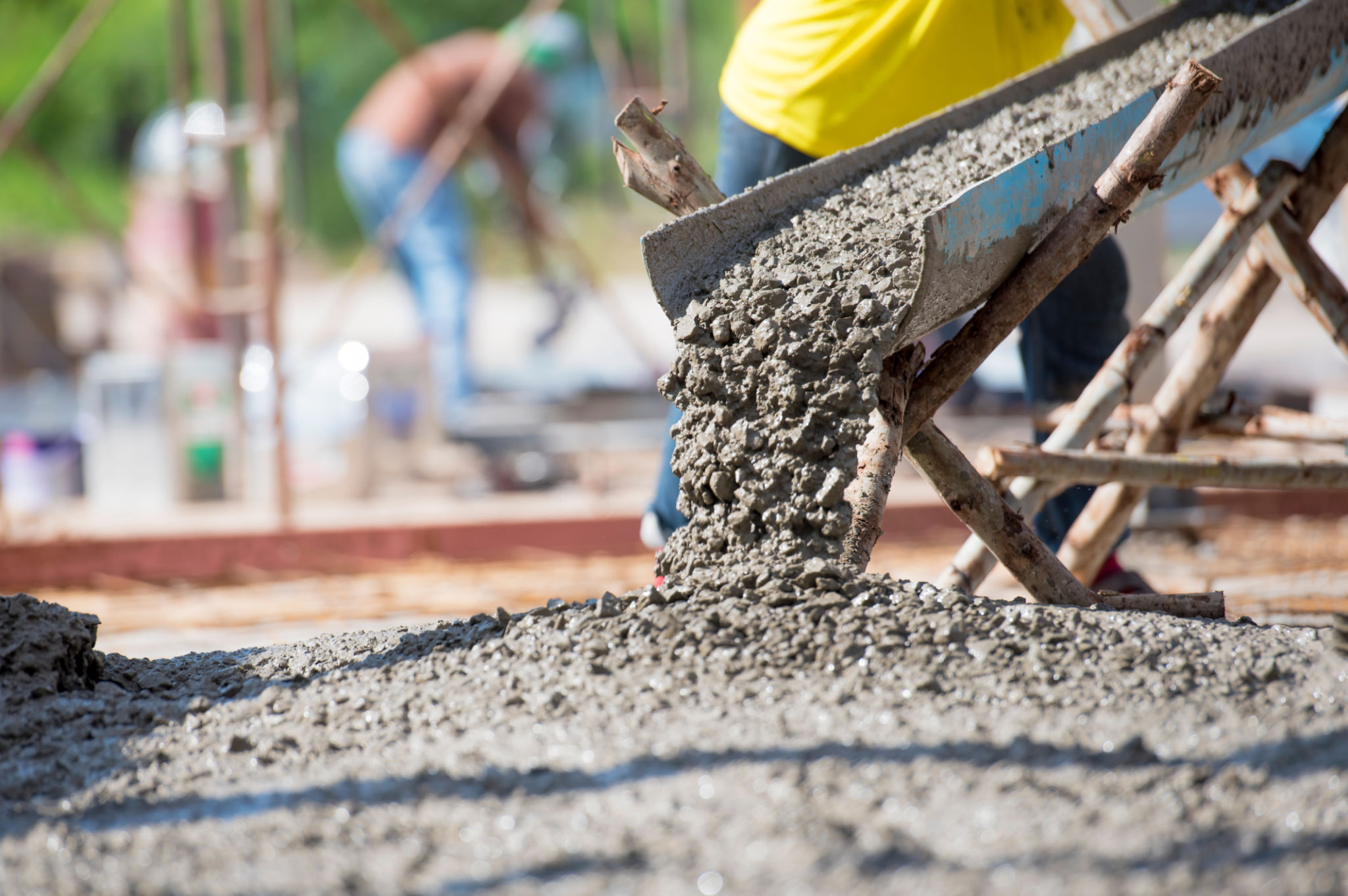The Ultimate Guide to Choosing the Right Concrete Mix for Your Aspen Project
Understanding Concrete Mix Basics
When embarking on a construction project in Aspen, choosing the right concrete mix is crucial for achieving the desired strength, durability, and aesthetics. Concrete is more than just a mixture of cement, water, and aggregates; it is a versatile material that can be tailored to suit specific needs. Understanding the components and their ratios can greatly influence the outcome of your project.

Factors to Consider When Choosing a Concrete Mix
Project Requirements
The purpose of your project will dictate the type of concrete mix you need. For instance, a driveway requires a different mix than a decorative patio. Consider factors such as load-bearing capacity, exposure to weather conditions, and any specific design features.
Climate Conditions
Aspen's unique climate can significantly impact the choice of concrete. The region experiences freeze-thaw cycles that can affect concrete durability. Using a mix designed to withstand these conditions, such as air-entrained concrete, can prevent cracking and ensure longevity.
Types of Concrete Mixes
Standard Mixes
Standard mixes are suitable for most residential projects. They offer a balance between workability and strength. Commonly used mixes include C20/25 for general domestic applications and C30/37 for structural elements like beams and footings.

Specialty Mixes
For projects with specific needs, consider specialty mixes. High-strength concrete mixes are ideal for heavy-duty applications, while lightweight mixes are perfect for non-load-bearing structures. Additionally, fiber-reinforced concrete can enhance tensile strength and reduce cracking.
Mix Ratio and Its Importance
The mix ratio determines the strength and workability of concrete. A typical mix ratio might be 1:2:4 (cement:sand:aggregate). Adjusting these ratios can alter the properties of the concrete. For instance, increasing the cement content can boost strength but may reduce workability.

Testing and Quality Assurance
Before finalizing your concrete mix, it’s essential to conduct testing to ensure it meets the required specifications. Slump tests can assess workability, while compression tests determine strength. Quality assurance is vital to avoid potential failures in structural integrity.
Consulting with Professionals
If you're uncertain about the best concrete mix for your Aspen project, consulting with a professional is advisable. Experienced contractors or concrete specialists can provide insights and recommendations based on their expertise and understanding of local conditions.
Conclusion
Selecting the right concrete mix is a pivotal step in ensuring the success and longevity of your construction project. By considering your specific requirements, understanding mix ratios, and consulting with experts when necessary, you can achieve a high-quality finish that withstands Aspen's unique environmental challenges.